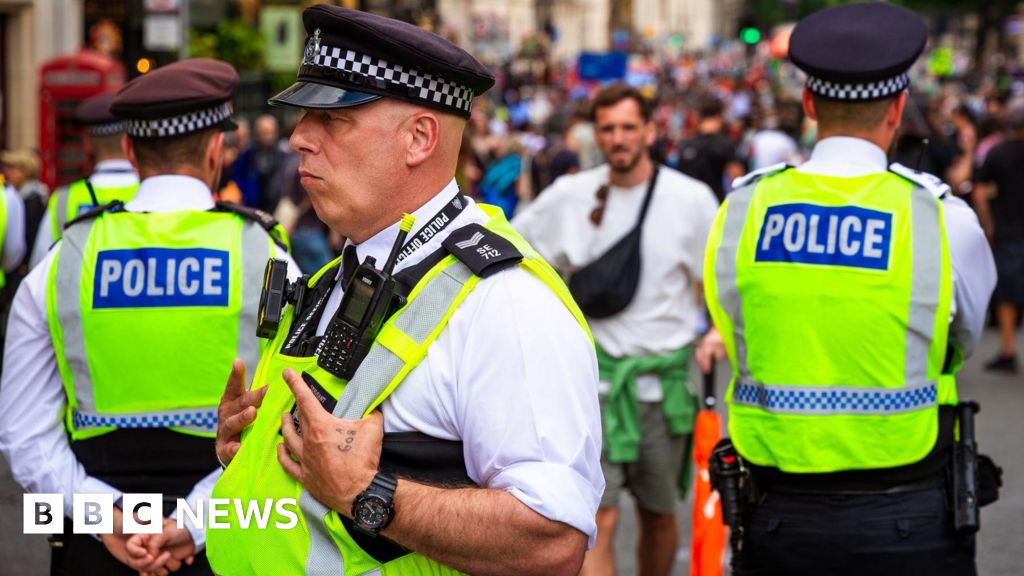
"John Kirkpatrick, chief executive of the EHRC, acknowledged the tech could be used help to combat serious crime and keep people safe. But he added in a statement: "There must be clear rules which guarantee that live facial recognition technology is used only where necessary, proportionate and constrained by appropriate safeguards. We believe that the Metropolitan Police's current policy falls short of this standard.""
"The Met says it has made more than 1,000 arrests since January 2024 using LFRT and is confident it uses it in a lawful way. But the Equality and Human Rights Commission (EHRC) says the tech should only be used in a necessary and proportionate way, and is arguing "the Metropolitan Police's current policy falls short of this standard." The EHRC has been granted permission to intervene in an upcoming judicial review into the force's use of the surveillance tool."
"The EHRC said it recognised the potential benefits of the technology in policing but was concerned that the Met's current policy breached key human rights protections and posed a threat to human rights. These include the rights to privacy, freedom of expression, and freedom of assembly, as set out in the European Convention on Human Rights."
The Equality and Human Rights Commission has criticised the Metropolitan Police's deployment of live facial recognition technology for breaching human rights law. The system scans CCTV images and matches faces against police watchlists. The Met reports more than 1,000 arrests since January 2024 and says its use is lawful. The EHRC argues the technology must be used only when necessary, proportionate, and subject to safeguards, and has sought permission to intervene in a judicial review. The regulator identified risks to privacy, freedom of expression, and freedom of assembly under the European Convention on Human Rights. The Met maintains confidence in its policy and legality.
Read at www.bbc.com
Unable to calculate read time
Collection
[
|
...
]